Are BBC resignations part of a political coup?
‘Political enemies’ of public service broadcasting blamed by insiders for toppling of Director General and head of news
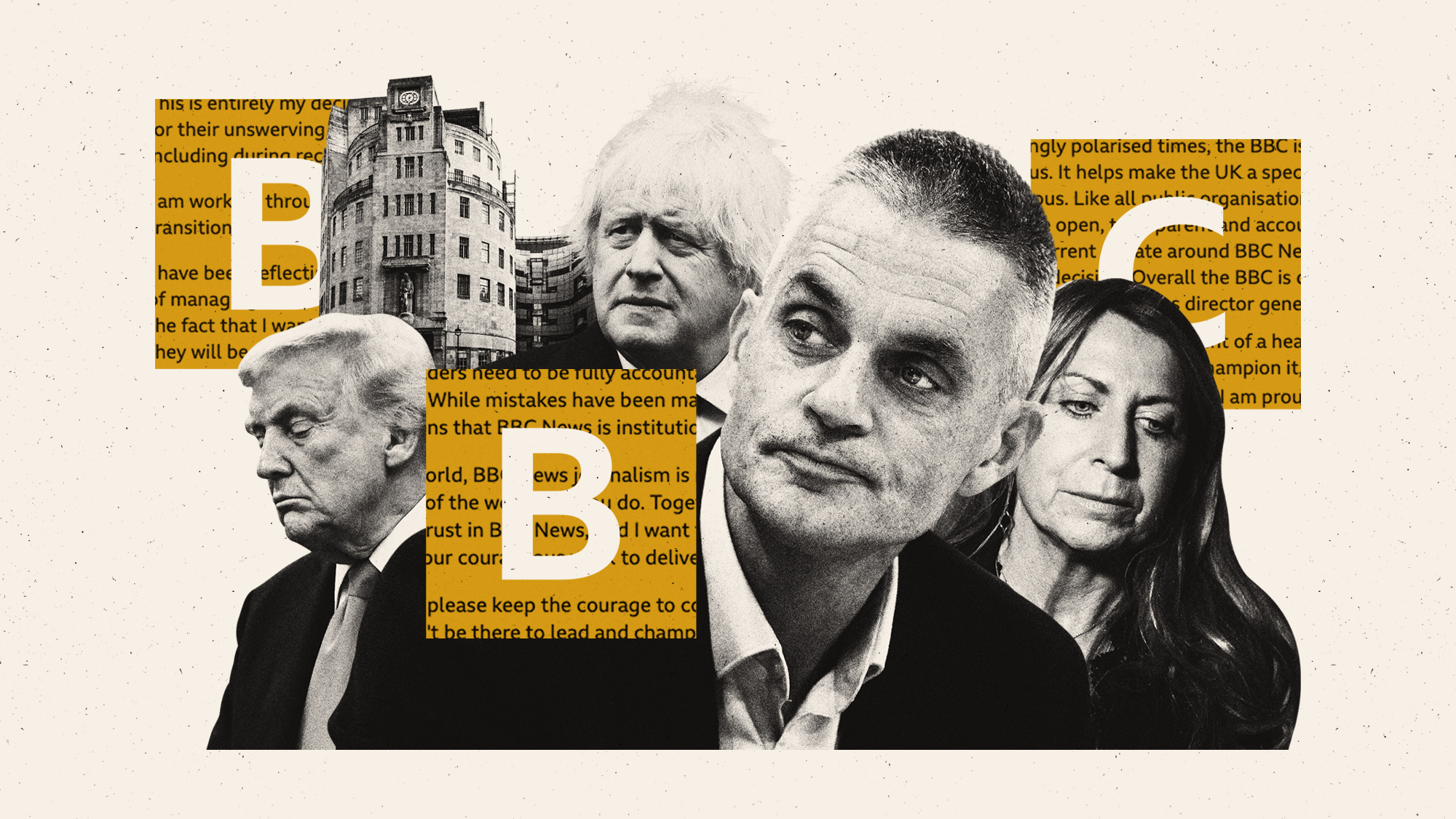
A free daily email with the biggest news stories of the day – and the best features from TheWeek.com
You are now subscribed
Your newsletter sign-up was successful
The impartiality row that led to yesterday’s dramatic resignation of BBC Director General Tim Davie and his head of news, Deborah Turness, is part of a “strategy by the hard right to replace the truth with propaganda”, said Lib Dem leader Ed Davey.
As the fallout continues today, the BBC board is facing questions about “what exactly led to such a nuclear outcome behind the scenes”, said Politico’s London Playbook, amid “angry claims of a complete institutional failure from some, and a right-wing ‘coup’ from others”.
What did the commentators say?
Given the BBC’s “fraudulent editing of a Donald Trump speech”, it was only right that Davie took “responsibility for an organisation riddled with liberal bias”, said The Sun’s editorial board. Only “new leadership can change its DNA to reflect the opinions of its viewers – not just a liberal metropolitan elite that sneers at concerns about mass immigration, Brexit and the cost of net zero”.
The Week
Escape your echo chamber. Get the facts behind the news, plus analysis from multiple perspectives.

Sign up for The Week's Free Newsletters
From our morning news briefing to a weekly Good News Newsletter, get the best of The Week delivered directly to your inbox.
From our morning news briefing to a weekly Good News Newsletter, get the best of The Week delivered directly to your inbox.
“The ‘Panorama’-caught-lying scandal is as embarrassing, and enjoyable, as the discovery that a puritanical pastor is an alcoholic gambler with a Catholic mistress,” said Tim Stanley in The Telegraph. The recent “litany of errors” at the BBC has been “so great as to indicate a cultural rot from the head down”.
The BBC is “very much a co-author of this story”, said Sonia Sodha in The Times, but that has not stopped many wanting to “lay the blame wholly at the door of dark forces running an organised campaign” to bring the corporation down.
Insiders, and many on the left, are talking of “coup”, said The Guardian’s Michael Savage, blaming Turness’ resignation in particular on “a campaign by political enemies of the BBC” to shift the corporation to the right.
It’s “a national disgrace”, said David Yelland, former editor of The Sun, on X. “The corporation’s board has effectively been undermined, and elements close to it have worked with hostile newspaper editors”, Boris Johnson and “enemies of public service broadcasting”.
A free daily email with the biggest news stories of the day – and the best features from TheWeek.com
“It’s clear that there is a genuine concern about editorial standards and mistakes,” presenter Nick Robinson said on BBC Radio 4’s Today programme. “There is also a political campaign by people who want to destroy the organisation.” And “both things are happening at the same time”.
What next?
A story is now emerging “about the functionality and make-up of the BBC board, and its role in what has happened”, said the BBC’s Katie Razzall. The weekend’s resignations have laid bare “a rift between the board and the news division”, with the board apparently preventing Turness from putting out an apology.
All this could not have come at a worse time for the BBC. It is about to begin negotiations on renewing its charter, due to expire in 2027, and Culture Secretary Lisa Nandy has already refused to rule out scrapping the licence fee altogether from 2028.
Continued BBC funding goes “hand in hand” with the question of “erosion of trust”, Caroline Dinenage, chair of the House of Commons Culture, Media & Sport Committee, told Playbook. “It’s all about the public having faith that the BBC is a trusted broadcaster that they’re happy to pay the license fee for.”
The BBC is “caught in political and economic headwinds”, said Jane Martinson in The Guardian. The corporation should have stood up to the attacks from The Telegraph and Donald Trump. Now, it simply looks “weak and cowardly, just when it needs to be robust and brave”.
-
 The environmental cost of GLP-1s
The environmental cost of GLP-1sThe explainer Producing the drugs is a dirty process
-
 Nuuk becomes ground zero for Greenland’s diplomatic straits
Nuuk becomes ground zero for Greenland’s diplomatic straitsIN THE SPOTLIGHT A flurry of new consular activity in Nuuk shows how important Greenland has become to Europeans’ anxiety about American imperialism
-
 ‘This is something that happens all too often’
‘This is something that happens all too often’Instant Opinion Opinion, comment and editorials of the day
-
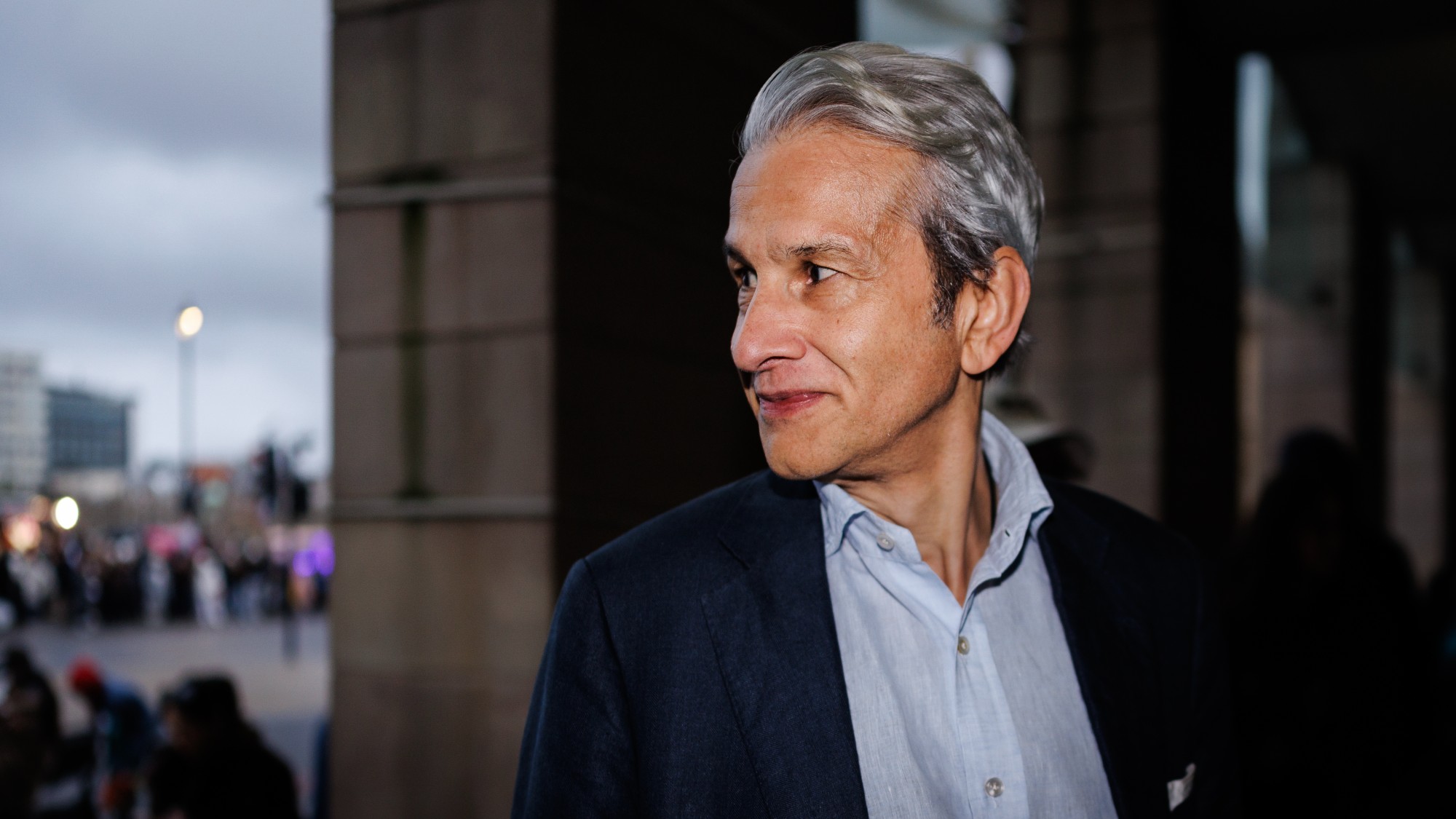 Can the BBC weather the impartiality storm?
Can the BBC weather the impartiality storm?Today's Big Question MPs’ questions failed to land any ‘killer blows’ to quell the ‘seismic outrage’ faced by the BBC
-
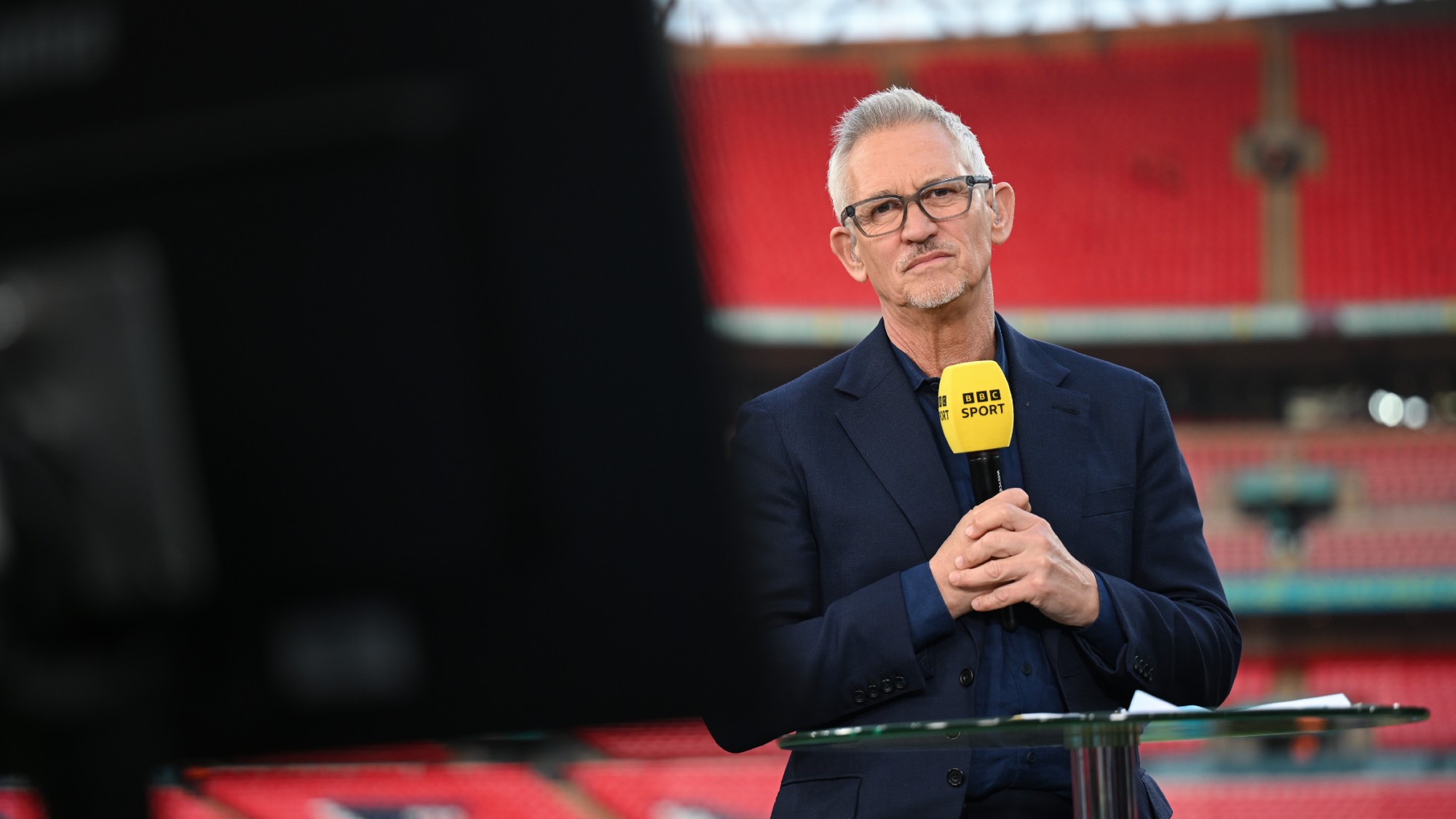 What are the impartiality rules for BBC presenters?
What are the impartiality rules for BBC presenters?The Explainer News presenters and hosts of 'flagship programmes' must adhere to tougher guidelines than other staff and freelancers
-
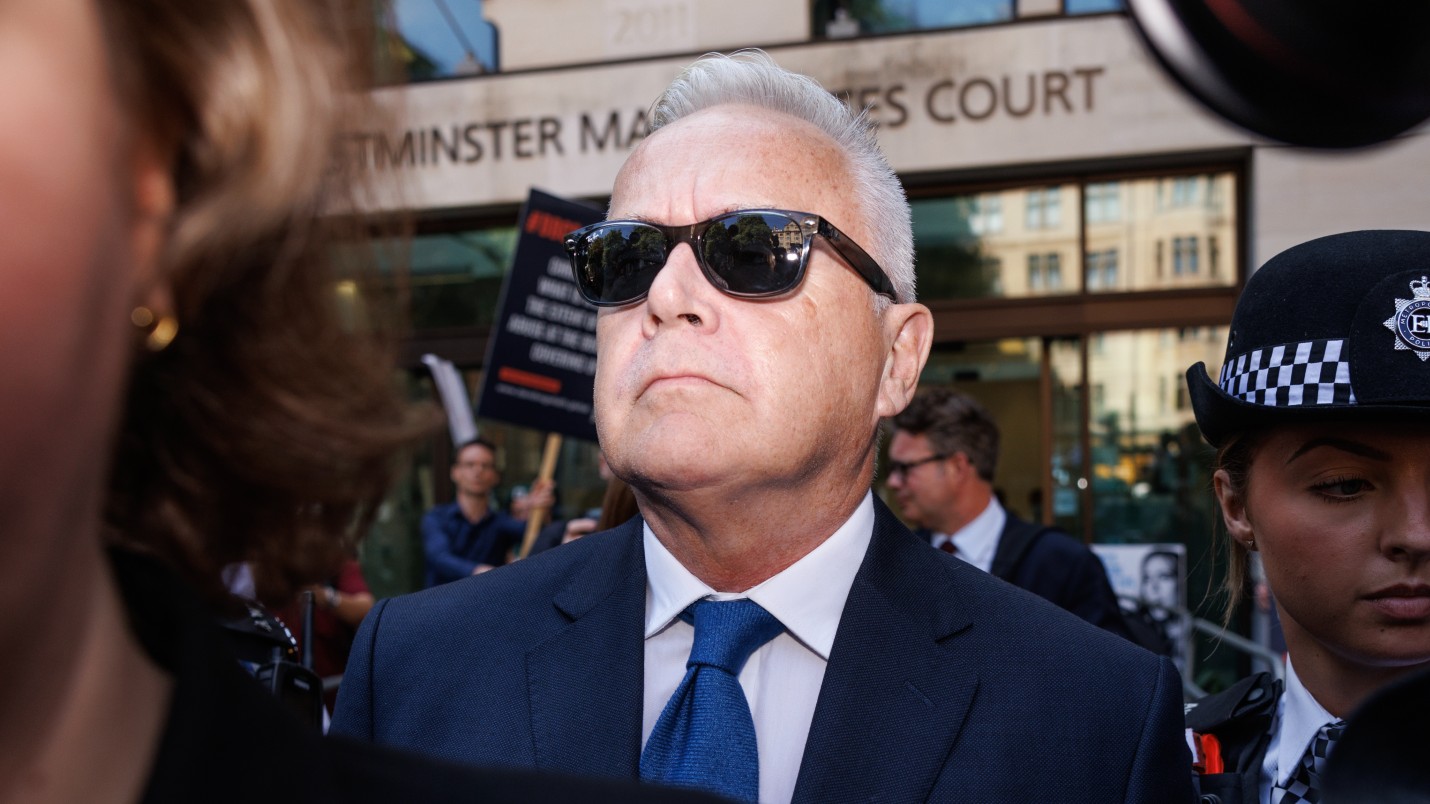 Huw Edwards: why is the BBC so scandal-prone?
Huw Edwards: why is the BBC so scandal-prone?In the Spotlight The national broadcaster has serious questions to answer
-
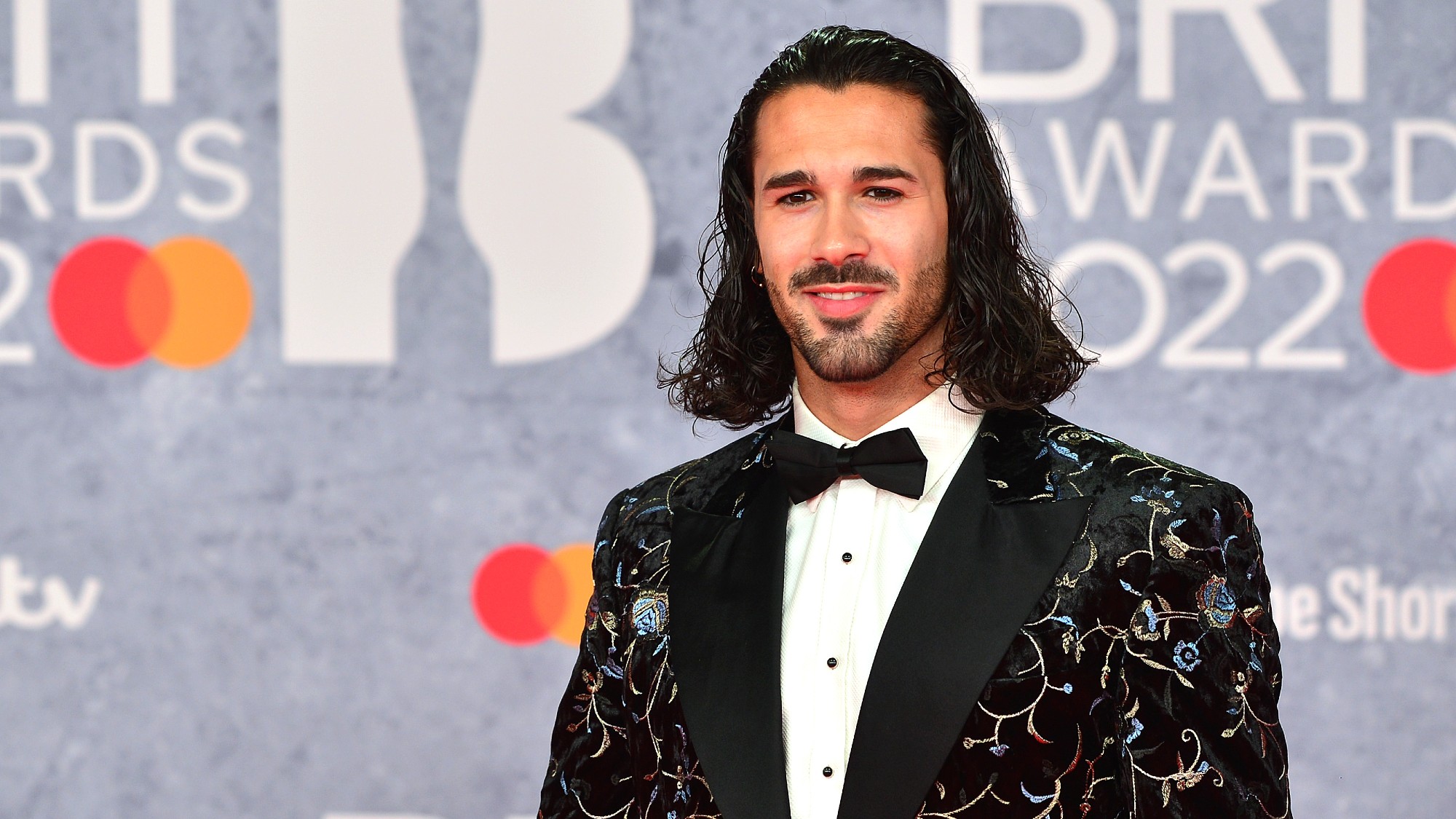 Strictly Come Dancing scandal timeline: what happened when
Strictly Come Dancing scandal timeline: what happened whenIn the Spotlight BBC director general addresses speculation over show's future and apologises to celebrity contestants who say they were mistreated
-
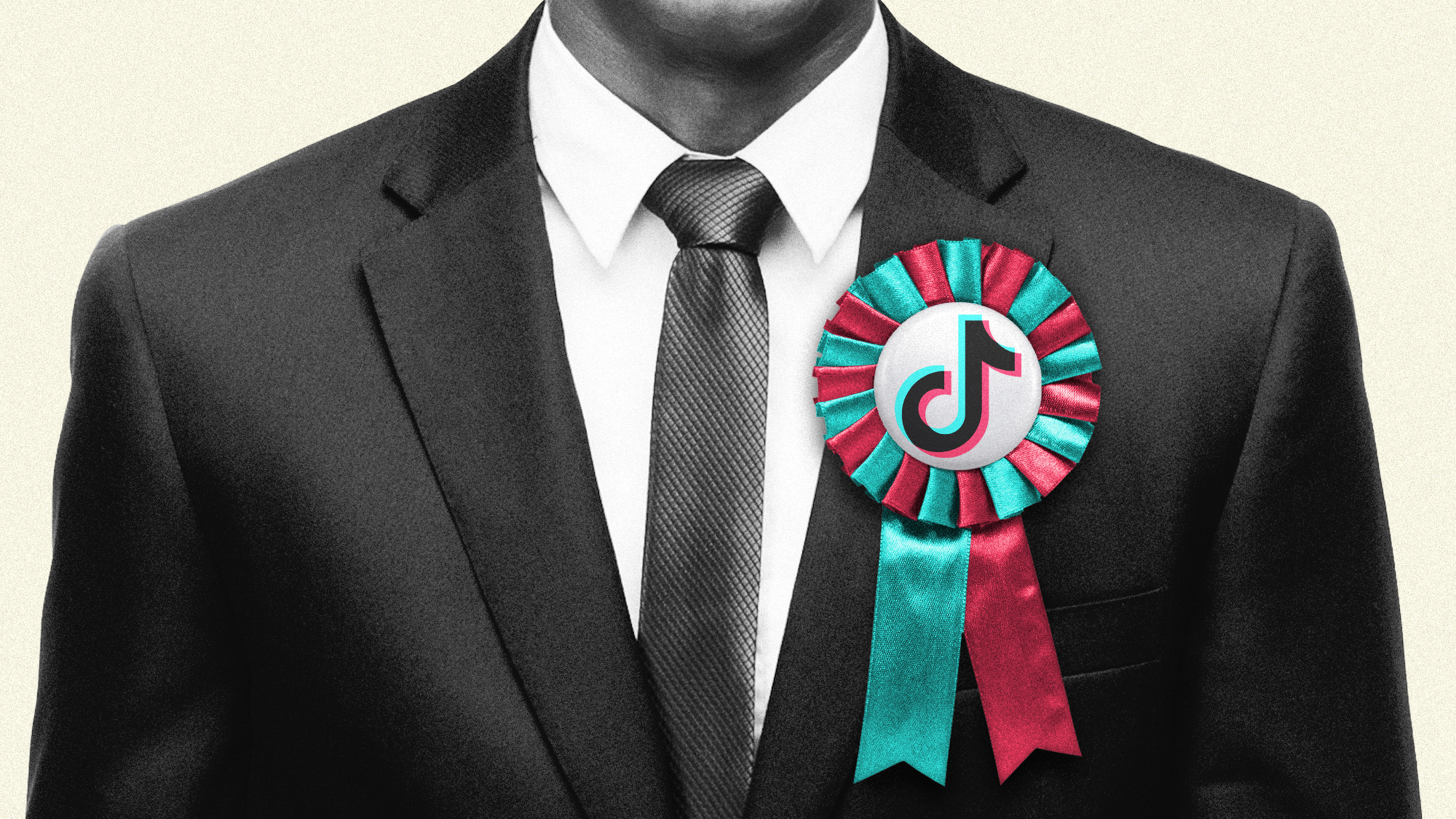 The UK's first TikTok election
The UK's first TikTok electionThe Explainer Labour and Conservatives launch on the video-sharing app deemed so valuable by US Democrats in reaching young voters
-
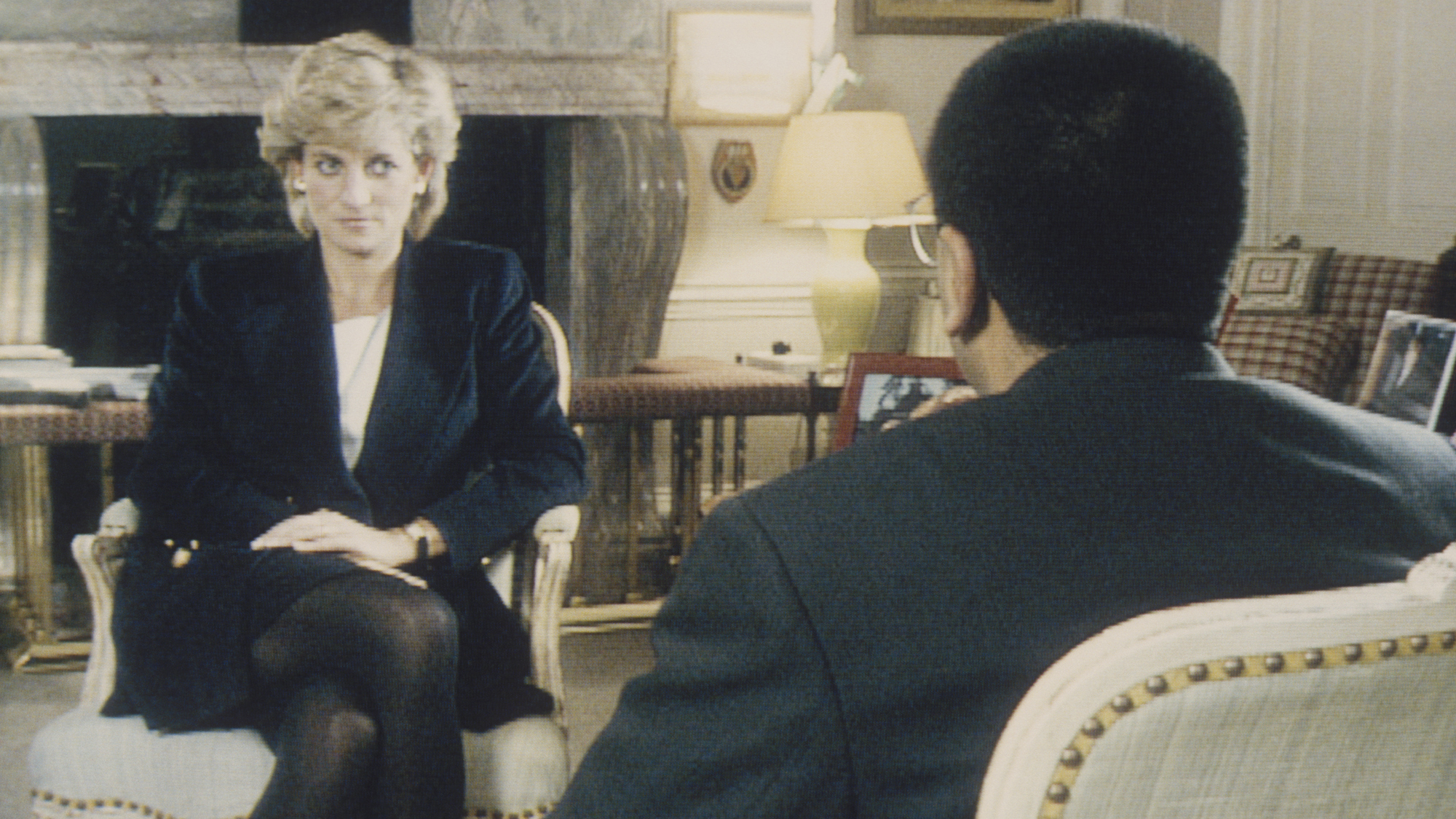 The Princess Diana interview and Martin Bashir's redacted dossier
The Princess Diana interview and Martin Bashir's redacted dossierIn the Spotlight The newly revealed documents show Bashir claimed jealousy and discrimination fuelled allegations against him
-
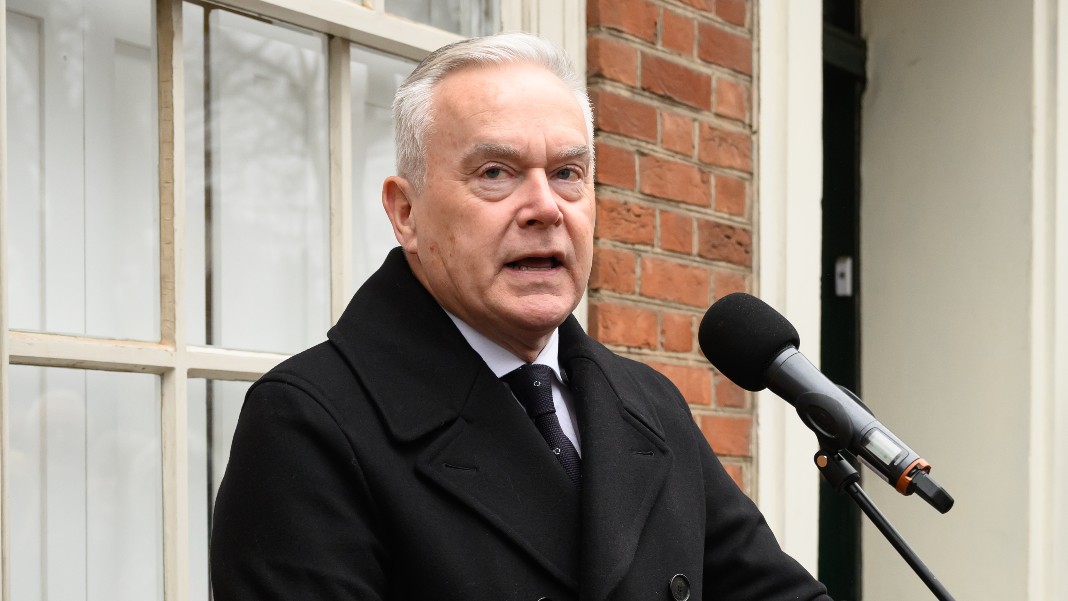 Huw Edwards and the question of ‘public interest’
Huw Edwards and the question of ‘public interest’Talking Point Privacy law ‘mess’ needs to be cleared up, not by judges, but by Parliament
-
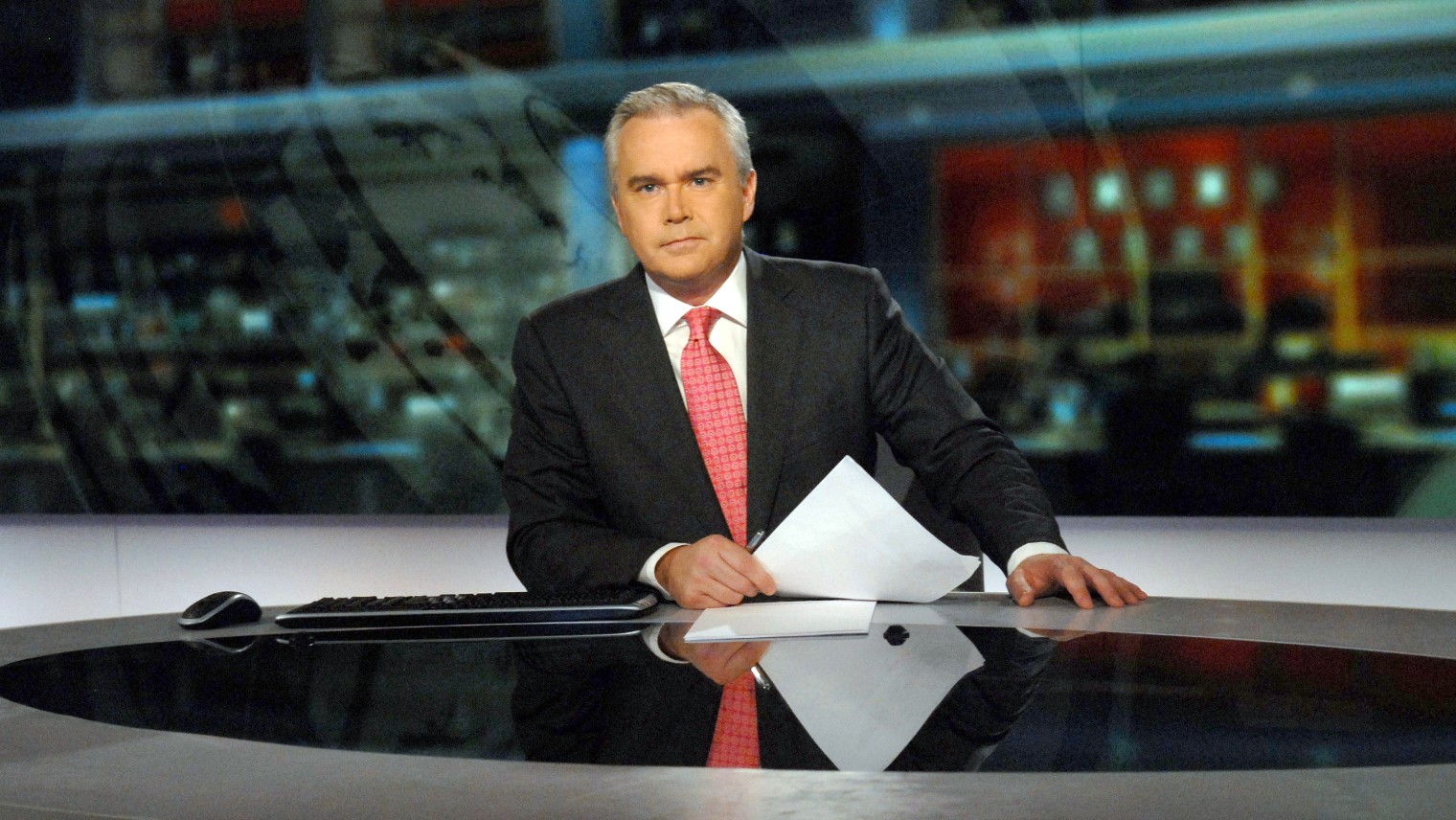 Huw Edwards named as presenter at centre of BBC crisis
Huw Edwards named as presenter at centre of BBC crisisIn Depth News reader’s wife, Vicky Flind, says he will remain in hospital for foreseeable future